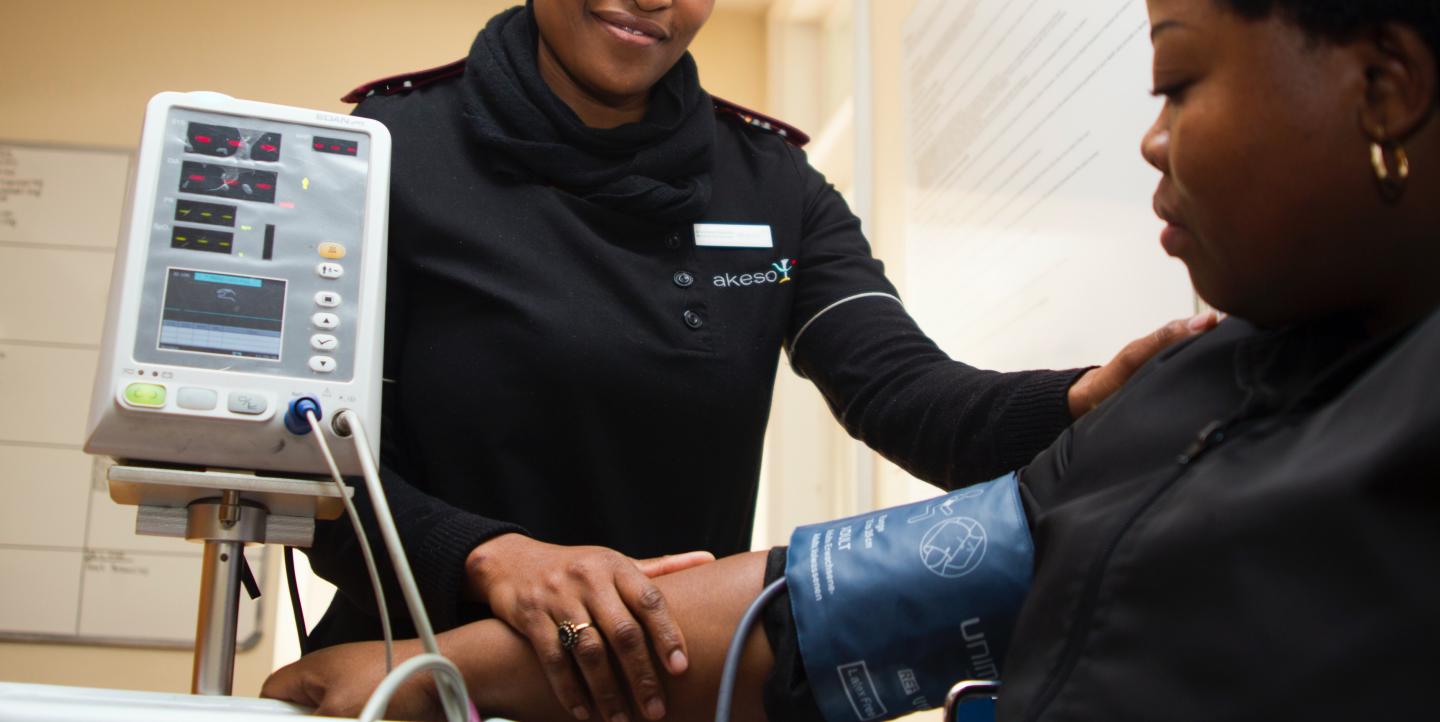Ahead of Nigeria’s 2015 elections, the Jigawa State government promised to construct well-equipped primary healthcare centers across the state. Under its “one ward, one health facility” promise, the state government vowed to construct new and rehabilitated health centers in each of the state’s 287 wards and 27 local government areas.
Four years later, in the leadup to the country’s 2019 elections, the government claimed that it had completed the project, which cost over 12 billion naira.
A recent investigation carried out by the Rural Health Accountability Project (RHAP) revealed that these claims were false, however, finding instead that access to health care across rural communities in the state remains a major challenge. Under-staffing, inadequate equipment, poor infrastructure and a lack of essential drug supplies are just some of the many issues that remain.
With funding from the Wole Soyinka Centre for Investigative Journalism’s Collaborative Media Engagement for Development, Inclusion and Accountability (CMEDIA) initiative, RHAP tracks and reports corruption to educate citizens about primary healthcare in Nigeria, so they can better engage and hold government officials accountable.
The RHAP project
The RHAP investigation was inspired by the discrepancies between the large budgetary allocations made by the government for primary healthcare centers — which provide essential services such as immunization and antenatal care for many Nigerians — and the realities on the ground.
“Several reports show that only about one-third of the 30,000 primary health care centers across Nigeria are functional, despite huge investments [made] over the years by the federal and state governments, as well as contributions by development partners,” said program director Elijah Akoji.
Akoji created RHAP to investigate further, and help people better understand the impact of government spending on primary health care. He explained that journalists on the project have examined health care initiatives against the budgets allocated for them by the government. They have also advocated for community members to actively participate in and provide oversight of governmental projects.
“We want to teach community members how to always hold the government [accountable] when they fail to deliver on their promises,” he said. “That way, they can begin to make primary healthcare a priority.”
RHAP’s work is made possible by the CMEDIA initiative. Similar to RHAP, the CMEDIA initiative, supported by the MacArthur Foundation, aims to help Nigerian media hold government officials accountable.
“[CMEDIA] seeks to strengthen the independence of media organizations, civic space at local, state and federal levels through investment in orientation and reorientation of journalists and media organizations on media rights, ethics, professionalism and safety,” said Monturayo Famuyiwa, executive director of the Wole Soyinka Centre.
Stories for change
RHAP has also investigated the decay of primary healthcare centers in Nigeria. One of these investigations revealed the consequences of cholera in Jigawa State amid a lack of access to health care. At least 10,000 confirmed cases of cholera were reported in 2021, leading to the death of at least 500 people. This happened as the government boasted about spending billions of naira on primary health care centers, most of which remained underequipped, understaffed and nonfunctional.
In June, Omolola Afolabi, a journalist on the RHAP project led an investigation that looked at how families in Kwara State spend large amounts of money for medical treatment, even after the state established a health insurance scheme to provide mandatory health insurance coverage to all its residents.
These stories have led to promises of policy change. After the cholera investigation was published, for instance, the Jigawa state government said it would launch a ward-to-ward campaign to inform residents on the need to adopt personal hygiene practices to prevent more cases, according to Akoji.
Plans for the future
The investigations conducted under RHAP are generating feedback and responses from the government and the community alike. Still, there remains the challenge of accessing data around governmental investments in primary healthcare, said Akoji.
“To enrich our stories, it is important to look at what the government claims it has spent on primary healthcare against the reality on ground,” he said. “But it is often difficult to access the data which should be publicly available.”
Government departments and agencies don’t always respond to freedom of information requests sent to them, either, Akoji noted. Regardless, RHAP aims to fill this important void, holding the government accountable when it comes to its promises around health care.
Photo by Hush Naidoo Jade Photography on Unsplash.

